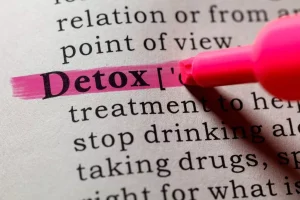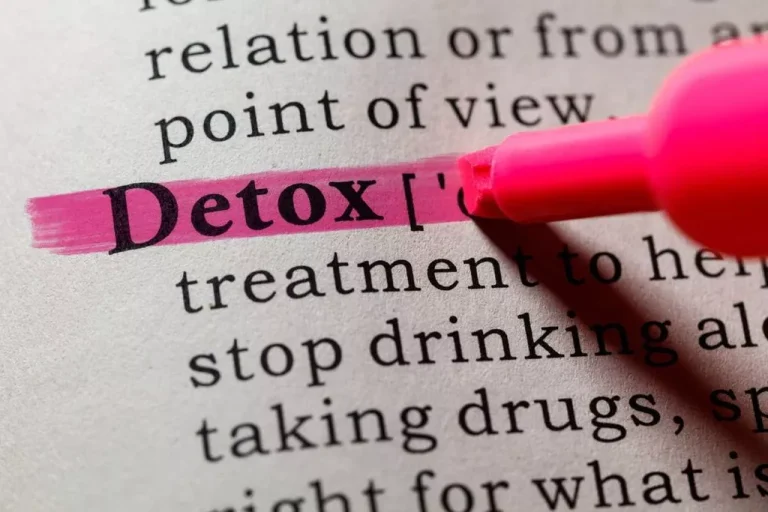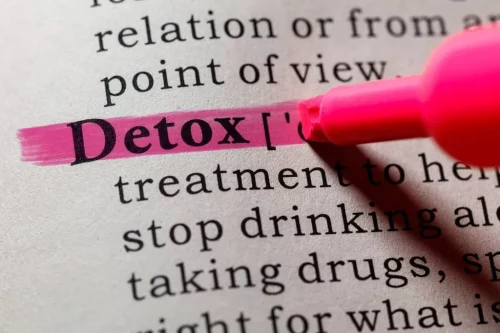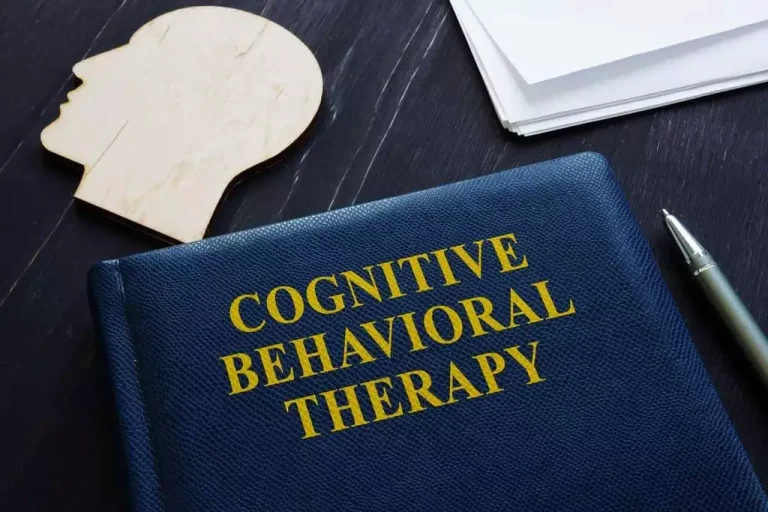
You can survive the experience by applying the techniques listed above, but at some point, you will have to bring up the subject of treatment. If the situation becomes physically or emotionally unsafe, prioritize your safety. Self-care is crucial alcoholism for maintaining your resilience and emotional strength. But it’s unlikely they’ll reveal the whole, unadulterated truth, regardless of how much they drink.
What are the potential consequences of being in a relationship with a narcissistic alcoholic?
Vulnerable narcissists, on the other hand, tend to be more realistic about alcohol-related problems, such as passing out or feeling sick, and more willing to discuss them. When a narcissist gets drunk, the situation can are all alcoholics narcissists quickly deteriorate as their grandiose behavior becomes increasingly exaggerated. We talk loudly, interrupt people, and generally behave as if no one else’s feelings matter.
Additional Facts About Alcoholism

Otto Kernberg (1975) believed narcissism depends upon the affirmation of others and the acquisition of desirable objects. In sum, narcissists have been characterized as developmentally stunted in their concern for the well-being of other people in their lives. The cycle of addiction and narcissism is complex and can be challenging to break. However, awareness of your cravings, triggers, and defense mechanisms, combined with a commitment to a recovery program and support group, can provide you with the tools you need to overcome your alcohol addiction and narcissism. Treating alcoholic narcissism is complex due to the presence of two co-occurring disorders.
Overlapping treatment options
- This study highlights the importance of individual differences in alcohol-related outcomes in a high risk population of college students.
- For example, narcissistic patients may benefit from perspective-taking training exercises, such as Motivational Interviewing Techniques.
- People with Alcohol Use Disorder (AUD), also known as alcoholism, can exhibit self-absorption and a desire for admiration, similar to those with Narcissistic Personality Disorder (NPD).
- When it comes to diagnosing narcissism and alcoholism, mental health professionals may use the Diagnostic and Statistical Manual of Mental Disorders (DSM-5) as a guide.
Even so, with a combination of therapy, support, and persistence, around a third of people with AUD will maintain sobriety for at least a year and sometimes for decades. Medications like Campral, Topamax, and Revia have greatly improved AUD recovery rates. With NPD, for example, there are no drugs specifically used for the treatment of the personality disorder, but antidepressants or anxiolytics may be prescribed if depression or anxiety is present. The treatment of NPD and AUD should ideally be delivered simultaneously, especially if there is severe addiction or depression.

They may dwell on it, or be haunted by it, and end up enraged or retaliating. These individuals will debate, argue, distract, or back you into a corner, due to the way alcohol affects them. Although people with AUD may relapse or have treatment setbacks, they can recover from the disorder. Learning healthy coping strategies can help them remain sober when they face triggers. Following alcohol guidelines can help people stay within moderate levels of alcohol consumption. For females, it is not advisable to consume more than one unit of alcohol per day.

It can be hard to discern even from a clinical perspective if alcoholism is separate from narcissism. The takeaway is that the individual needs treatment to make significant changes in their life. Depending on the severity of the problem, residential or inpatient treatment may be necessary. Once detox is completed and sobriety has begun, outpatient therapy can be beneficial. It is also recommended to utilize family or couples counseling to heal relationships as well. A trained mental health professional is usually able to diagnose personality disorders using standardized psychiatric interview methods.

- Alcoholism, or alcohol use disorder (AUD), is an addictive disorder where people cannot control or stop their use of alcohol.
- The latest 401k, Medicare, and Social Security news — in your inbox — every morning.
- As alcohol impairs judgment, a narcissist’s underlying need for control and power can escalate into full-scale aggression.
- Both grandiose and vulnerable narcissism were predictors of alcohol consumption and alcohol-related problems.
- An individual with NPD will display a consistent pattern of narcissistic behavior.
- Sian Ferguson is a freelance health and cannabis writer based in Cape Town, South Africa.
Alcoholics do the same when they put their drinking first without concern for how it affects others. Narcissism and alcoholism are two distinct conditions but share some traits. Similarly, people with dual diagnosis can manage their symptoms with appropriate treatment.
The Link Between Narcissistic Personality Disorder and Alcoholism
Alcohol withdrawal can be dangerous, so it’s important to seek medical help. In order to get a diagnosis of AUD, you have to fit certain diagnostic criteria as set out in the Diagnostic and Statistical Manual of Mental Disorders, 5th edition, Text Revision (DSM-5-TR). Someone who’s narcissistic might be self-absorbed and have an inflated sense of self-importance. They will often be convinced that they’re entitled to do whatever they want and that their drinking isn’t a problem but a social benefit.
Follow us on social media

When someone is deep in an alcohol addiction, they become very self-absorbed. To friends, family, and even coworkers, it can seem as though the alcoholic will sacrifice everything to be able to drink. Alcoholism and Narcissistic Personality Disorder have some overlapping behaviors. Understanding how these two separate disorders are similar may offer some insight into the type of addiction treatment that would be most beneficial. A 2019 study found a link between vulnerable narcissism, shame, and an increased likelihood of problem drinking and gambling.
Understanding the Nature of Alcoholic Narcissism
Our findings suggest that therapists may wish to target the cognitions and behaviors involved with devaluing others in narcissistic individuals as a point of therapeutic intervention. For example, narcissistic patients may benefit from perspective-taking training exercises, such as Motivational Interviewing Techniques. Overall, the results of this study demonstrate the difference between the two types of narcissism and how they relate to alcohol outcomes in a college sample. Grandiose narcissism is a personality factor contributing to the likelihood of alcohol consumption and a good evaluation of alcohol problems.
